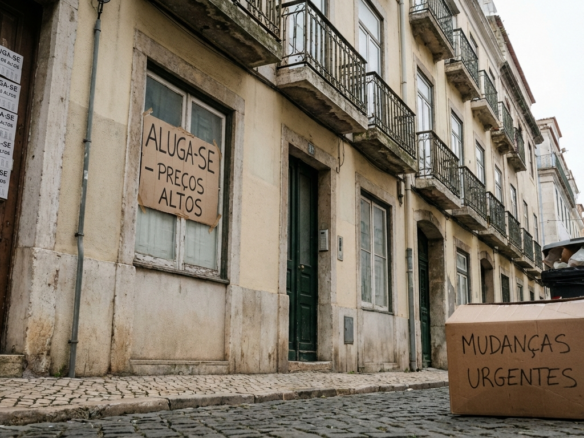France offers diverse regions, from charming countryside villages to vibrant cities like Paris and Lyon, making it a sought-after destination for property buyers. This guide outlines the essential steps to navigate the French property market successfully.
Get 50% OFF!
Subscribe to our newsletter and enjoy a 50% discount on all listing packages, no strings attached!

1. Research the Property Market
- Location: Decide whether you prefer a bustling city, tranquil rural area, or scenic coastal region. Popular areas include Provence, Côte d’Azur, and Île-de-France.
- Budget: Familiarize yourself with property prices and account for additional costs such as notary fees, registration, and taxes, which can total around 7–10% of the property price.
2. Obtain a French Tax Identification Number (Numéro d’Identification Fiscale)
- While not mandatory for all transactions, obtaining this number is beneficial for tax purposes and property ownership.
3. Hire a Legal Advisor (Notaire)
- Engage an independent notary who specializes in property transactions to ensure legal compliance and handle due diligence.
- Unlike real estate agents, notaries are impartial and work in the interest of both parties.
4. Open a French Bank Account
- Required for managing property-related payments, taxes, and utility bills.
5. Search for Properties
- Utilize trusted property websites and collaborate with local real estate agents.
- Attend property viewings to assess the property’s condition and surroundings.
Recommended Real Estate Websites in France
- SeLoger – One of France’s leading property portals.
- Logic-Immo – Extensive property listings.
- Pap.fr – Listings directly from property owners.
- Bien’ici – User-friendly platform with diverse offerings.
- European.RealEstate – Comprehensive European property listings, including France.
- Green-Acres – Specializes in rural and countryside properties.
6. Make an Offer (Offre d’Achat)
- Submit your offer to the seller or through the real estate agent.
- Be prepared for negotiations.
7. Sign the Preliminary Contract (Compromis de Vente)
- Once the offer is accepted, sign the compromis de vente, which outlines the terms of the sale.
- Pay a deposit, typically 10% of the property price.
8. Conduct Due Diligence
- Your notary will verify property ownership, ensure there are no outstanding debts, and check for any legal restrictions.
- Review all documentation, including energy performance certificates and planning permissions.
9. Sign the Final Contract (Acte de Vente)
- The acte de vente is signed at the notary’s office to finalize the purchase.
- Pay the remaining balance, after which ownership is transferred.
10. Pay Taxes and Fees
- Be prepared for various taxes and fees, including:
- Notary Fees: Typically 7–8% of the property price.
- Registration Fees: Included in notary fees.
- Stamp Duty: Varies depending on the property’s location.
11. Register the Property
- The notary will handle property registration to confirm legal ownership.
Additional Considerations:
- Financing: If you require a mortgage, consult with French banks to explore financing options.
- Currency Exchange: Fluctuations in exchange rates can impact the final cost. Consider using a currency exchange service for better rates.
- Home Insurance: Home insurance is mandatory in France, so arrange suitable coverage.
By following these steps and seeking professional advice, you can confidently navigate the French property market and secure your dream property or investment.





Join The Discussion